29 F. high at St. Cloud Saturday.
23 F. average high on January 31.
7 F. high on January 31, 2014.
-16 F. morning low on January 31, 2014.
Trace of snow on the ground at KSTC.
January 31, 1931: Heat wave across southern Minnesota. St. Peter hits 60.
 Computer Crutch?
Computer Crutch?
"So
Paul, last week's big snowfall bust in New York City, is it because
meteorologists have become too dependent on weather models?" Cathy
Wurzer asked me on TPT Almanac Friday. Great question.
We do look
at scores of models, comparing, looking for agreement. So much noise, so
little wisdom. But if it weren't for models weather forecasts beyond
12-24 hours would be difficult; a 7-Day Outlook impossible.
Accuracy
is improving 1 percent a year; today's 5-Day forecast roughly as
reliable as a 2-Day forecast 30 years ago. But weather is chaotic with
huge variations over short distances. When you're on the edge of a storm
all bets are off. People want perfection in a very imperfect world. In
the end you try to err on the side of caution & public safety.
Welcome
to the least snow so deep in a winter in 13 years. January was the
driest since 2008 according to Mark Seeley. Today's storm brushes the
metro with a coating to an inch or two (southern suburbs); a 6-10 inch
coating from Chicago to Boston. Nothing polar is on the way, but
temperatures run below average this week. Models (sorry Cathy) hint at a
thaw next week. The next chance of snow from a wayward clipper:
Saturday, maybe a few inches.
You remember snow right?
Close Call.
A cool foot of snow falls from Chicago to Toledo, Detroit and the
suburbs of Boston over the next 36 hours. New York City may see a
significant ice storm with a few inches of slush; potentially plowable
amounts over far southern Minnesota this morning. 4 KM NAM guidance:
NOAA and Aeris Weather.
Snowfall Potential.
Latest 00z NAM guidance prints out .10" liquid this morning, and with
temperatures this cold that could easily be a quick inch or two of
accumulation. Roads may be icy into midday with gradual clearing by
afternoon. The farther south you travel on I-35 or I-94 the worse travel
conditions will become.
Colder, But Nothing Controversial.
A few days ago even the ECMWF (Euro) was hinting at a few subzero
nights later this week, but Old Man Winter appears to be pulling his
punch - a glancing blow of cold air for Minnesota. Colder than average,
but not exactly arctic or polar. The best chance of snow comes Saturday
from another clipper. Source: Weatherspark.
Extended Numbers.
GFS guidance into the second week of February shows 20s and 30s, near
or even a few degrees above average. With a predominately Pacific flow
blowing a firehose of relatively mild, dry air into the Upper Midwest
it'll be tough getting big storms into town; a continuation of our dry
bias the next 2 weeks.
Steering Winds by Mid-February.
GFS guidance at 500 mb shows a zonal flow for the USA with temperatures
trending warmer than average; wet weather for the Pacific Northwest and
Gulf Coast by Saturday evening, February 14. Source: GrADS:COLA/IGES.
Driest January Since 2008. Here's a clip from Dr. Mark Seeley's latest installment of
Minnesota WeatherTalk: "..
.Most
observers reported a drier than normal month of January. In fact a
number of locations reported less than half of normal precipitation. On
a statewide basis it was the driest January since that of 2008. For
most climate stations the monthly total snowfall was very sparse. Only a
few northern Minnesota locations reported near normal or above normal
snowfall for the month..."
Urban Heatwaves Getting Worse, Study Confirms.
Yahoo News has the story - here's an excerpt: "
Urban
heatwaves have become more frequent over the last 40 years, scientists
reported on Friday. A weather database of cities around the world
reveals "significant" increases in periods of extremely hot days and
falls in the number of cold days, they found. Previous research found
that, in the four decades covered in the study, man-made global warming
stepped up a gear. But, in urban heatwaves, additional factors can play a
role, the authors cautioned..."
Poll Shows Giant Gap Between What Public, Scientists Think. In the end this comes down to education and science literacy, according to a story at
AP; here's an excerpt: "...
The
American public and U.S. scientists are light-years apart on science
issues. And 98 percent of surveyed scientists say it's a problem that we
don't know what they're talking about. Scientists are far less worried
about genetically modified food, pesticide use and nuclear power than is
the general public, according to matching polls of both the general
public and the country's largest general science organization.
Scientists were more certain that global warming is caused by man,
evolution is real, overpopulation is a danger and mandatory vaccination
against childhood diseases is needed..."
Dying To Be Free. If you have a friend or family member with an addiction read this long, but remarkable bit of investigative journalism from
Huffington Post.
Abstinence simply doesn't work for a majority of people. But there are
medications that can ease recovery and decrease the risk of relapse (and
death by overdose). Here's an excerpt of this important article:
"..There’s
no single explanation for why addiction treatment is mired in a kind of
scientific dark age, why addicts are denied the help that modern
medicine can offer. Family doctors tend to see addicts as a nuisance or a
liability and don’t want them crowding their waiting rooms. In American
culture, self-help runs deep. Heroin addiction isn’t only a disease –
it’s a crime. Addicts are lucky to get what they get.......”
Illustration by Jan Diehm / The Huffington Post.
In Rain And Snow, It's Clear That Patriots Are A Good Bet. In case you missed this, here's a clip from
The New York Times: "...
Over the past 12 seasons, the New England Patriots
have played so well in wet conditions that their margin of victory in
those games has exceeded the betting spread — set by a global market
that tries to take all known advantages into account — 80 percent of the
time, according to an analysis by Covers, a sports betting information website. The analysis suggests that the Patriots have an edge in wet weather that neither the general public nor professional bettors have taken into account..."
Image credit: AP Photo/Elise Amendola, File.
Wecome To The Super Bag. I enjoyed this post at
Grantland;
trying to put the Deflategate "Cheating" rumors into some sort of
perspective. Cheating in pro sports? I'm shocked. Absolutely shocked.
Here's an excerpt: "...
Regardless, America wouldn’t have cared about
this story nearly as much if any other NFL team were involved. Football
teams cheat all the time. (Read this admittedly homerrific breakdown.)
Football teams constantly search for edges. (Why does just about every
head coach and offensive coordinator STILL cover their faces when
calling a play? You think they’re trying to hide a pimple from HD
cameras?)..."
TODAY: Early coating to an inch; plowable snow far southern MN. Partial clearing, cold wind. North 10-15. High: 13
SUNDAY NIGHT: Clearing and chilly. Low: -3
MONDAY: Early sun, clouds increase. High: 15
TUESDAY: Still gray, seasonably chilly. Wake-up: 3. High: 21
WEDNESDAY: Blue sky, an even colder shot. Wake-up: 0. High: 14
THURSDAY: Clouds increase, few flurries. Wake-up: -3. High: 17
FRIDAY: Cloudy and milder. Light snow north. Wake-up: 8. High: 28
SATURDAY: Stronger clipper. Potential for a few inches? Wake-up: 15. High: 23
Climate Stories...
Climate Change's Bottom Line. Thanks
to Greg Page and Cargill for standing up for data, facts and science -
and not giving into ideological talking points. Here's an excerpt from
The New York Times: "...
Mr.
Page is not a typical environmental activist. He says he doesn’t know —
or particularly care — whether human activity causes climate change. He
doesn’t give much serious thought to apocalyptic predictions of
unbearably hot summers and endless storms. But over the last nine
months, he has lobbied members of Congress and urged farmers to take
climate change seriously. He says that over the next 50 years, if
nothing is done, crop yields in many states will most likely fall, the
costs of cooling chicken farms will rise and floods will more frequently
swamp the railroads that transport food in the United States. He wants
American agribusiness to be ready..."
* The 58 page PDF from Risky Business, "Heat in the Heartland: Climate Change and Economic Risk in the Midwest" is
here.
In Major Shift, Obama Administration Will Plan For Rising Seas In All Federal Projects. The Washington Post has the story - here's the intro: "President Obama issued an
executive order Friday directing federal agencies to adopt stricter building and siting standards to reflect scientific projections that
future flooding will be more frequent and intense due to climate change. The order represents a major shift for the federal government: while the
Federal Emergency Management Administration published a
memo
three years ago saying it would take global warming into account when
preparing for more severe storms, most agencies continue to rely on
historic data rather than future projections for building projects..."
Graphic credit:
"Figure from the new U.S. Army Corps of Engineers report on flood risks to the North Atlantic coast, showing sea level rise scenarios for Sandy Hook, N.J." Source: U.S. Army Corps of Engineers.
Does Global Warming Mean More or Less Snow? Climate scientist Kevin Trenberth pens an article for
The Conversation in the wake of this week's New England blizzard; here's a clip: "...
By
contrast, the heaviest snowfalls occur with surface temperatures from
about 28°F to 32°F – just below the freezing point. Of course, once it
gets much above freezing point, the snow turns to rain. So there is a
“Goldilocks” set of conditions that are just right to result in a super
snow storm. And these conditions are becoming more likely in mid-winter
because of human-induced climate change..." (Image: NOAA/NASA).
Storms Like U.S. Blizzard May Get Stronger But Less Frequent: Study.
Reuters has the details of new research; here's the introduction: "
Large
storms like the blizzard that battered New England this week may become
more severe but less frequent as the Earth's climate changes,
scientists said on Thursday.
The Canadian-led study noted that warmer air can hold more moisture,
meaning more fuel for rain, hail or snow, and found knock-on effects on
how the atmosphere generates storms..."
Extreme Thunderstorms Might Be Making Climate Change Worse.
VICE News has an interesting article; here's the intro: "
Scientists
watching a Midwestern thunderstorm discovered it sucking a river of
ozone from high in the sky and dumping it in the lower atmosphere, a
find that may require them to tweak some computer models that simulate
the impacts of climate change. While ozone acts as a shield against
ultraviolet radiation when it's in the upper reaches of the atmosphere,
it's a source of pollution and a heat-trapping greenhouse gas when it's
near the Earth's surface..."
Climate Change Is Altering The Global Heat Engine.
Fewer storms, longer periods between precipitation, but when it does
rain (or snow) amounts are more extreme. This dovetails with recent
research from the University of Minnesota finding similar trends. Here's
the intro to a story at
Smithsonian Magazine: "
Climate scientists have been warning for a while that as the planet heats up, storms will become fewer but stronger.
This trend has been seen in a variety of historical data tracking wind
speed, rain and snow over the past century or so. Now a team of
researchers has figured out why, and the explanation is firmly rooted in
atmospheric thermodynamics. Global warming is intensifying the world’s
water cycle, and that drains energy from the air circulation that drives
stormy weather, say Frederic Laliberté of the University of Toronto and his colleagues..."
Most Americans Support Government Action on Climate Change, Poll Finds. Here's an excerpt of a
New York Times article and poll result that made me do a double-take: "...
Among
Republicans, 48 percent said they are more likely to vote for a
candidate who supports fighting climate change, a result that Jon A.
Krosnick, a professor of political science at Stanford University and an
author of the survey, called "the most powerful finding" in the poll.
Many Republican candidates either question the science of climate change
or do not publicly address the issue..."
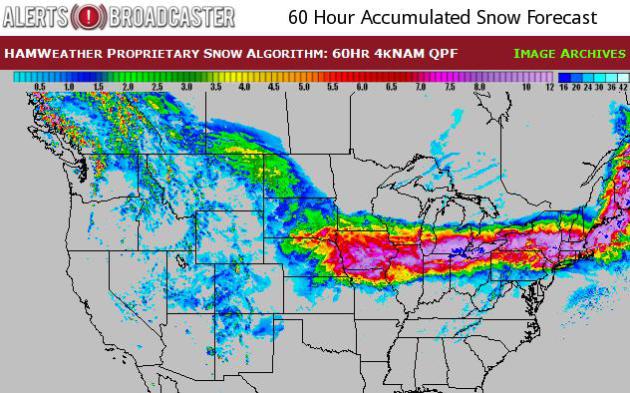
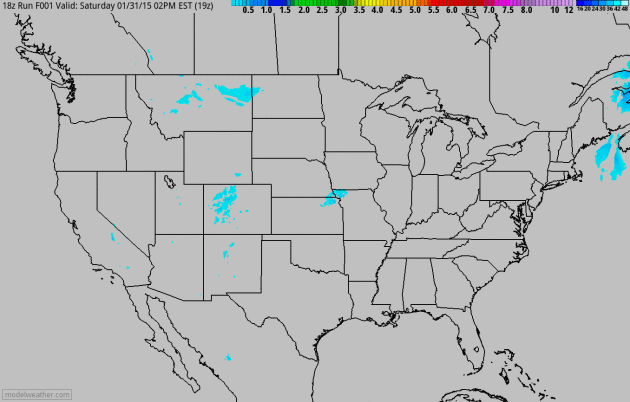
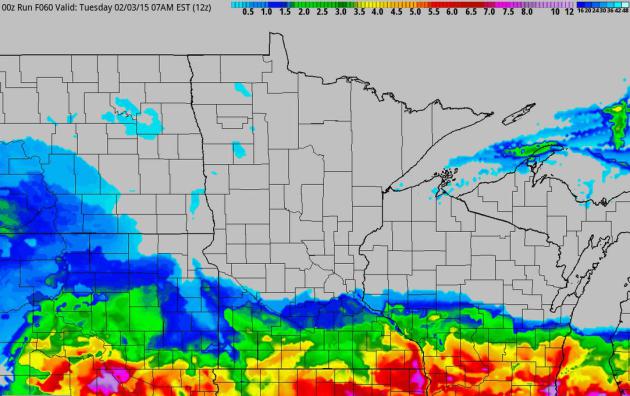
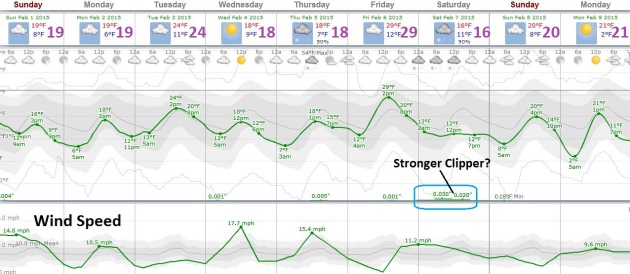
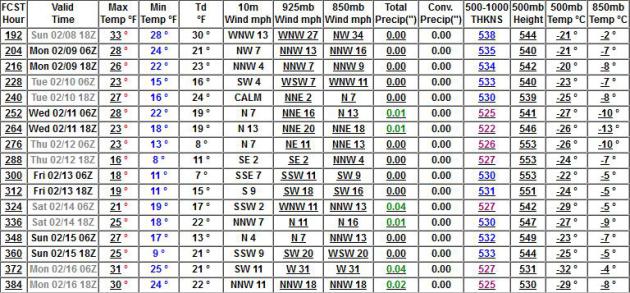
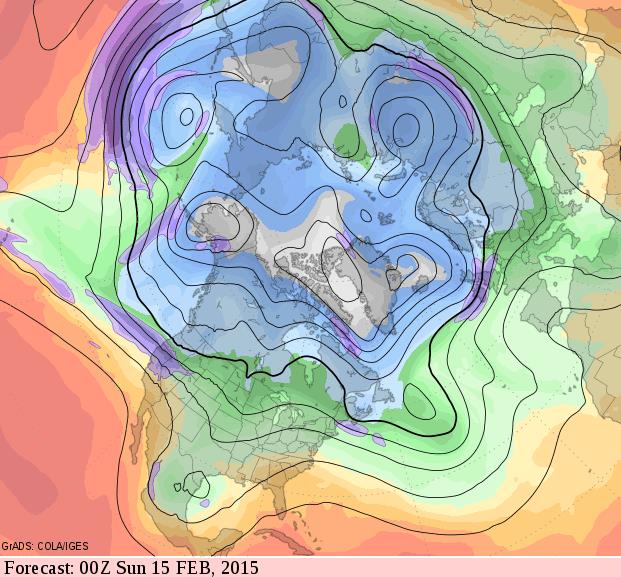
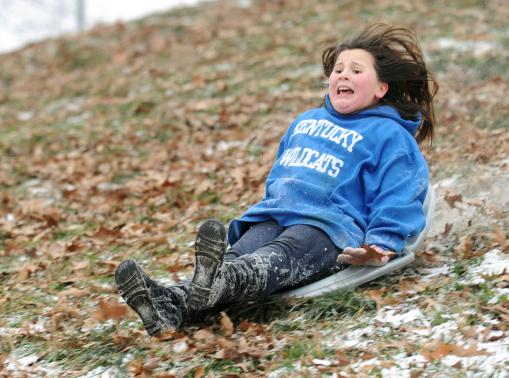
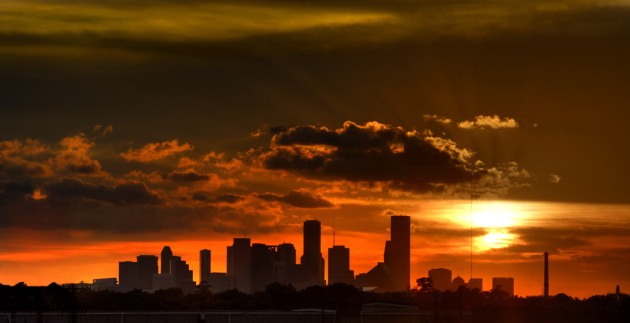
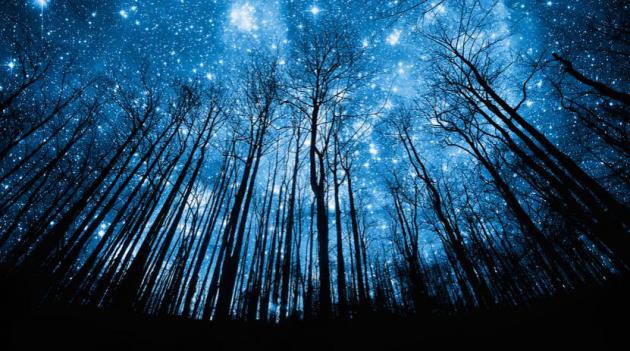
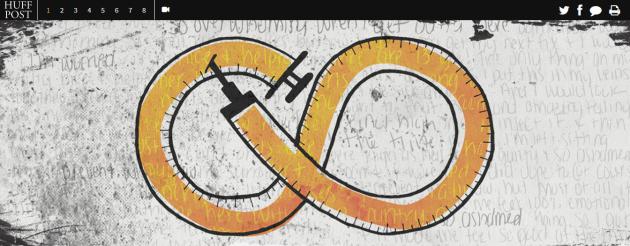
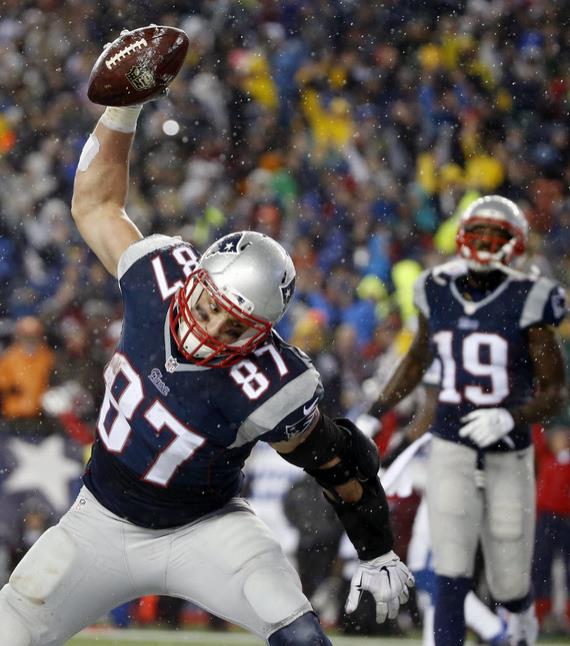
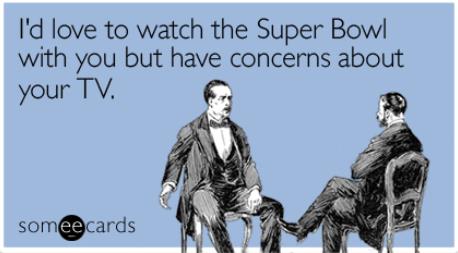
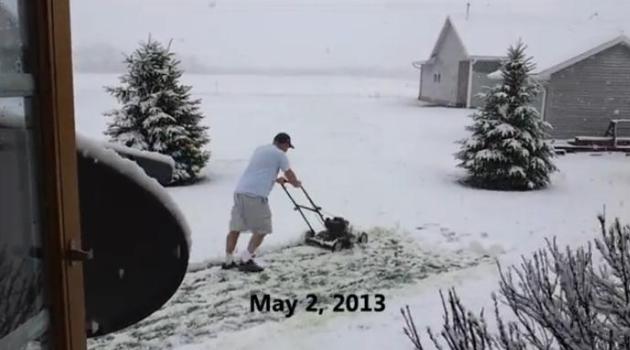
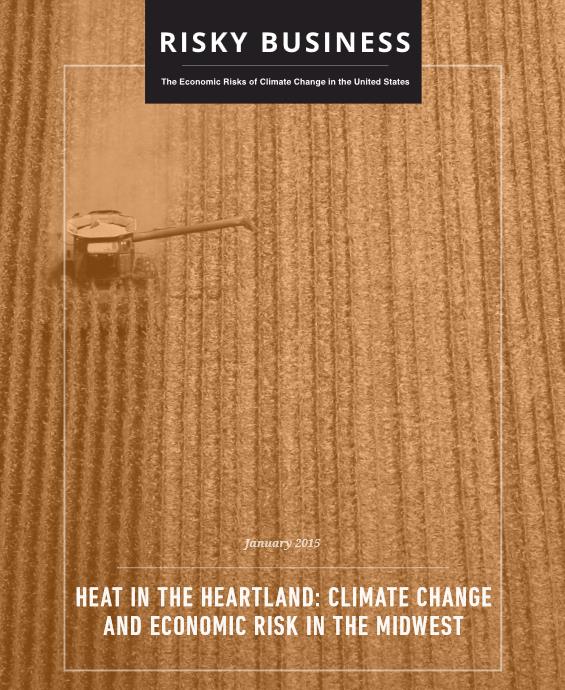
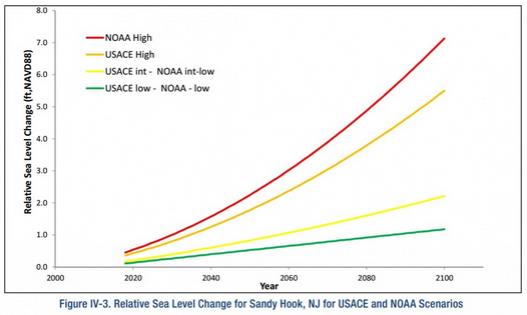
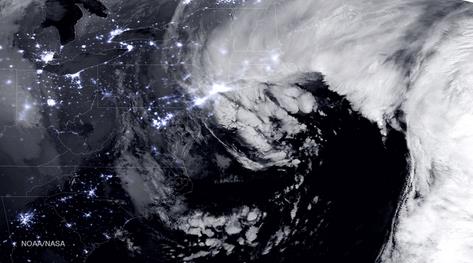
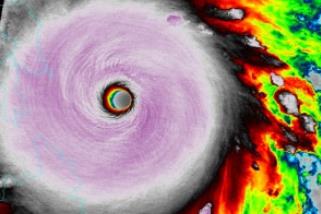
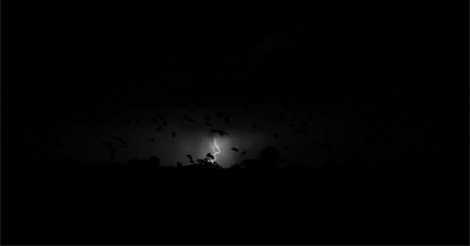
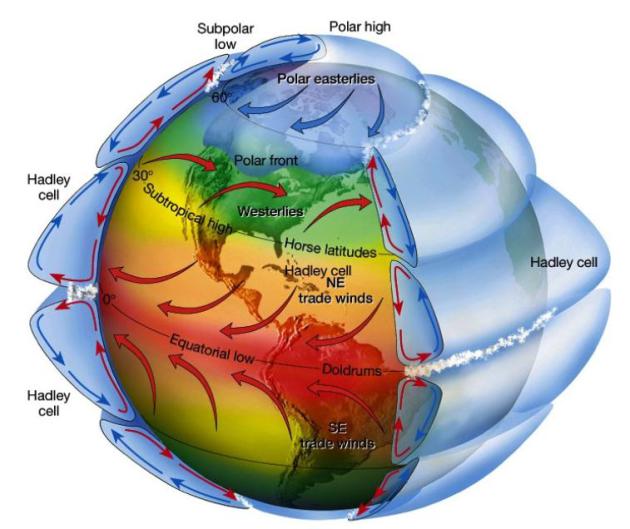
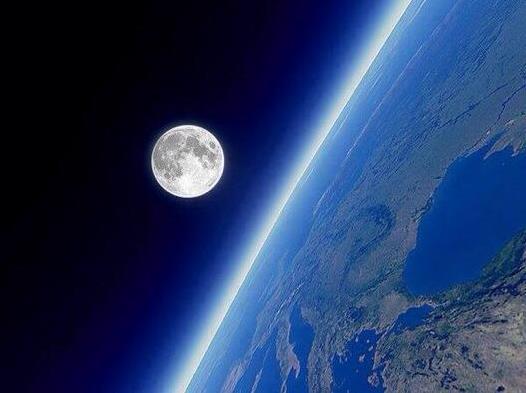
No comments:
Post a Comment